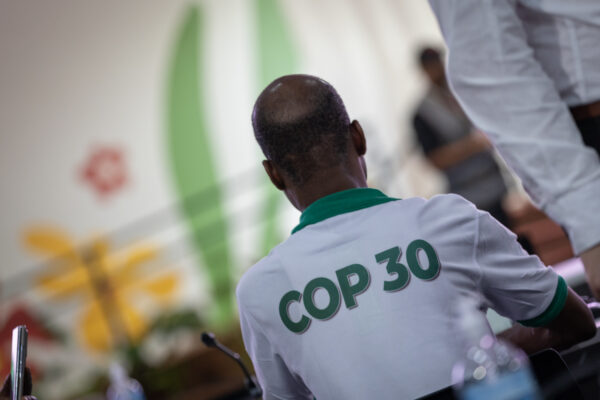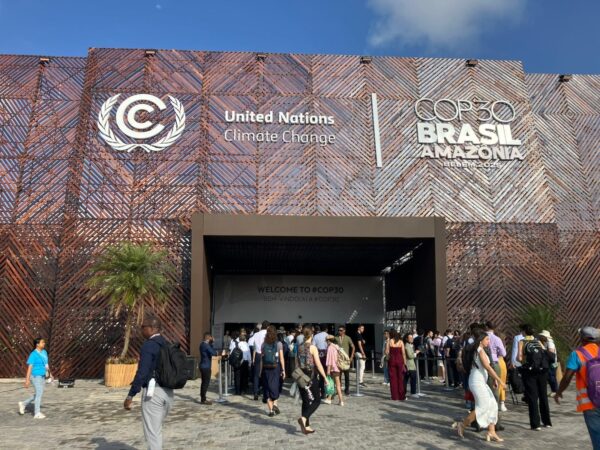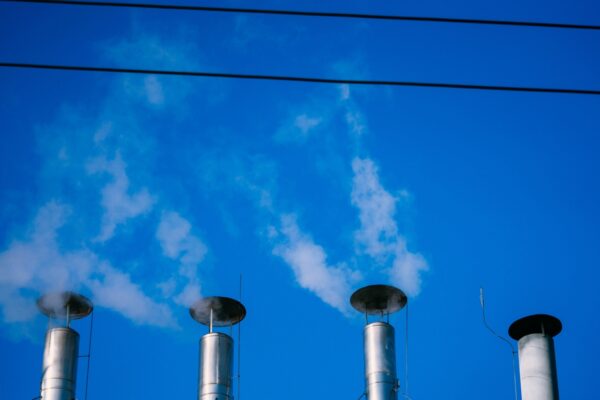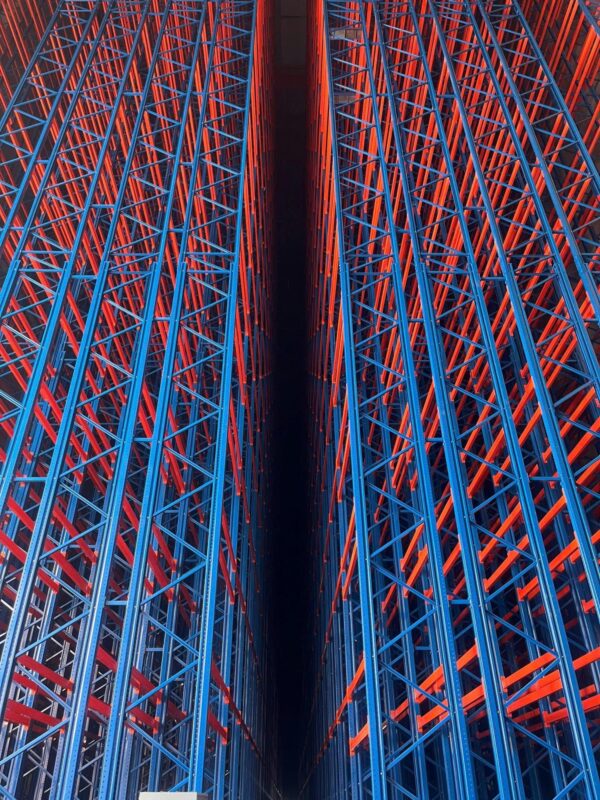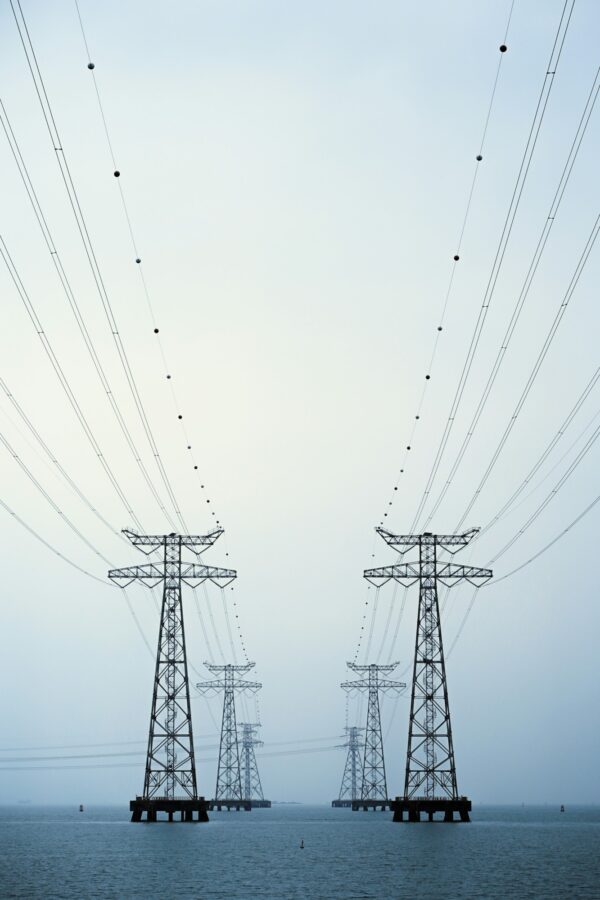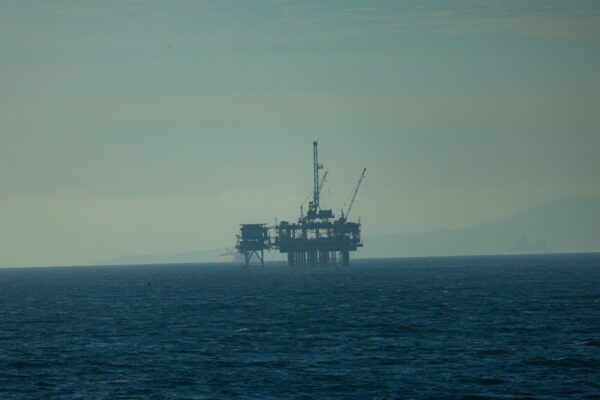Lignite coal reductions and climate targets in Germany: statement
Share
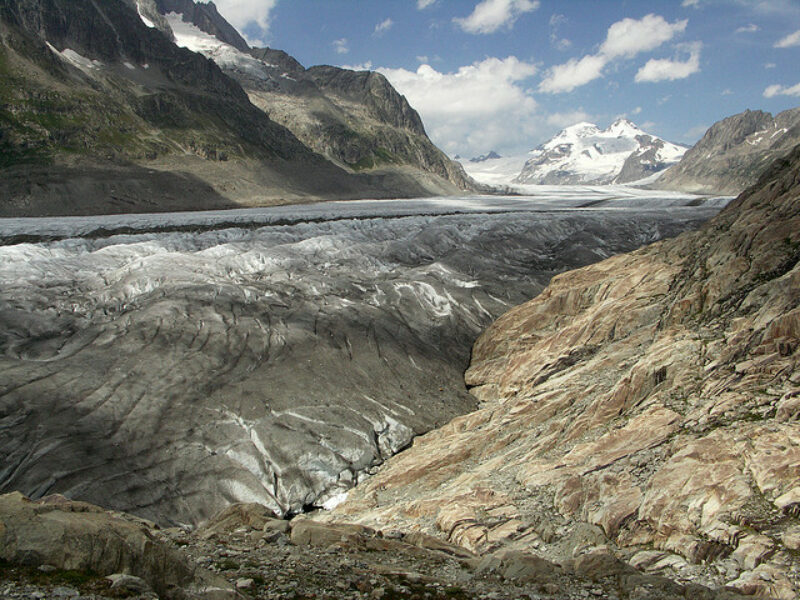
Germany has set itself the strongest target globally to reduce emissions 40% below 1990 levels by 2020. In addition, it faces the challenge of meeting this goal as nuclear power is progressively phased out. At the 2015 G-7 Summit at Elmau the Chancellor led the way in calling for a global decarbonisation this century (1). The challenge for the Government to meet these multiple goals are quite large but with two decades of world leading experience, legislation, innovation and investment, Germany is well set to take this path. As a step on the way, the original proposal to reduce carbon dioxide emissions from lignite, the dirtiest form of coal production, 22 Million tonnes (Mt) by 2020 assuring that the 40% reduction goal would be met appeared to be a good compromise. News that an alternative approach is to be taken, which places the burden of costs on taxpayers (2), and only reduces half as much from lignite and at a higher cost to society and the taxpayer is disappointing(3).
The bigger story however is about power companies such as RWE and Vattenfall effectively gaining taxpayer support for previous investments that in effect, bet that despite all the evidence and science available the dirtiest forms of coal production can go on indefinitely. It was widely reported that the RWE share price picked up 5% on the news, gaining over €500 million in value, indicating some relief that the pressure on RWE’s coal power plant assets was to be reduced. This however overlooks a larger trend: RWE overall share value appear to have lost over €7 billion in the last year, in part many believe linked to concerns in relation to its exposure to carbon intensive power.
There is rising concern in the finance sector about a “carbon bubble” (4), where fossil fuel intensive assets held by many companies, such as coal-fired power plants, become “stranded assets” (5). No government will be able to systematically bail out companies that make bad bets on carbon intensive investments as coal prices decline and the market switches against carbon intensive products. There will be no European Central Carbon Bank to bail out companies if the carbon bubbles bursts.
We would hope two things out of this situation: The German government’s decision is a one-off and will be followed by more appropriate price-based signals and that RWE, Vattenfall and others concerned, use the respite gained by yesterday’s decision to fundamentally redirect their portfolio and business strategies away from carbon intensive power.
It is ironic that this decision has been taken as parts of Europe are experiencing another extreme heat wave with record-breaking temperatures (6). We know that rising levels of greenhouse gas concentrations, the larger part of which are due to CO2 emissions from fossil fuel combustion, notably coal, are already causing an increase in heat extremes globally.
The effect of continuing lignite burning in Germany is not insignificant. To put this in perspective, physicists at Climate Analytics estimate that the effect on the Earth’s energy balance of the annual burning of lignite in Germany (175 mega tonnes of CO2 emissions as in 2013) is sufficient to melt down about 347 million tonnes of ice per year, which is comparable to an average sized Alpine glacier. Perhaps this is something for all to reflect upon who head to the coolness European mountains this boreal summer holidays, escaping the heat waves that may be upon us in the low-lying areas of Europe.
This statement is available in German here.
References:
- http://www.g7germany.de/Webs/G7/EN/Home_en/home_node.html
- http://uk.reuters.com/article/2015/06/30/germany-coal-idUKL5N0ZF3FW20150630
- http://www.carbonbrief.org/blog/2015/07/german-coal-compromise-leaves-doubts-over-climate-goal/
- https://en.wikipedia.org/wiki/Carbon_bubble
- http://www.carbontracker.org/report/wasted-capital-and-stranded-assets/
- https://www.pik-potsdam.de/news/press-releases/pik-statement

